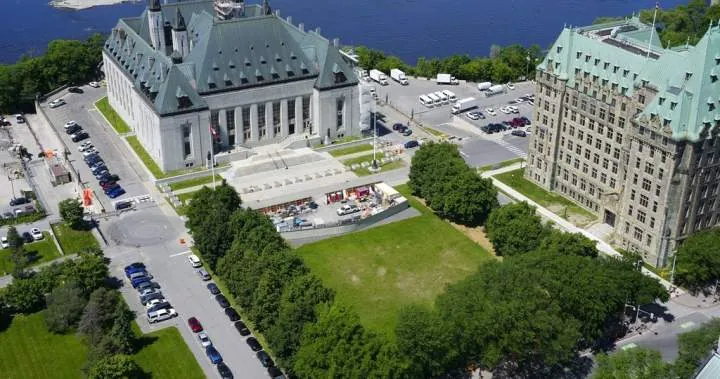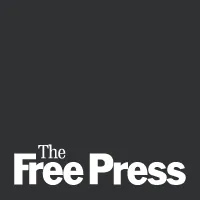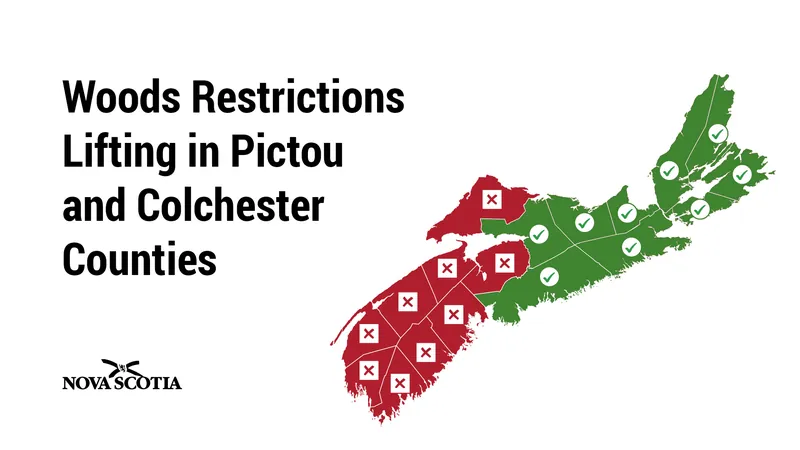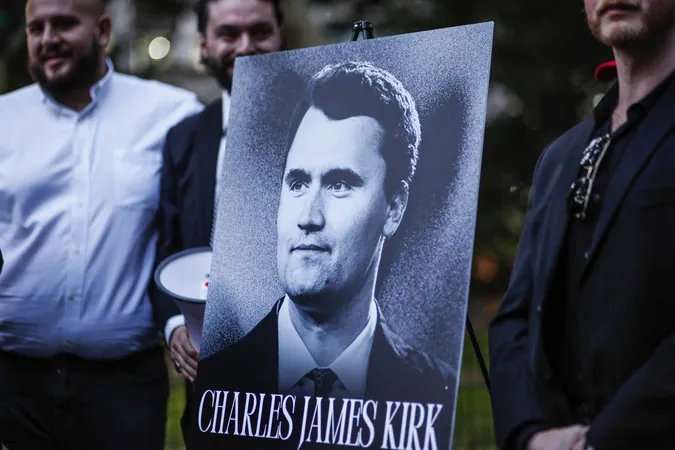
Supreme Court Showdown: Ottawa Calls for Limits on Provincial Overrides of Rights
2025-09-17
Author: Sophie
Ottawa Takes a Stand for Rights Protection
In a bold move, the federal government of Canada is urging the Supreme Court to impose restrictions on how provinces can use the Charter of Rights and Freedoms to sidestep constitutional regulations. This request comes as part of a high-stakes legal challenge concerning Quebec's controversial secularism law, known as Bill 21.
Implications of the Notwithstanding Clause
Quebec has been utilizing the notwithstanding clause in its legislation, a mechanism that allows provinces to shield their laws from constitutional scrutiny. However, in its court filing, Ottawa contends that the repeated invocation of this clause could equate to 'indirectly amending the Constitution' and jeopardize Canadians' essential rights.
The federal lawyers' statement was clear: "The prolonged impossibility of exercising a right or freedom would, in practice, be tantamount to denying its very existence." This argument positions the government as a defender of individual liberties, challenging the limits of provincial authority.
Support and Opposition from Provinces
Provinces like Ontario and Alberta have come forward in support of Quebec's use of the notwithstanding clause, asserting that it is a vital aspect of the Canadian Constitution. Ontario’s attorney general emphasized that while they disagree with Quebec’s decision to limit religious symbols for public workers, it remains within Quebec’s democratic prerogative to decide.
Alberta’s legal team further championed the importance of Section 33, framing it as a hard-fought compromise from the 1982 Constitution negotiations: "Simply put, there would have been no Charter without (it)." Both provinces defend the right to use the clause, worrying that any restrictions could cause legislative paralysis.
Disputed Rights and Legal Challenges
The Supreme Court has agreed to hear a challenge against Bill 21 led by various advocacy groups. These groups argue for limitations on the pre-emptive use of the clause, asserting that it should not immunize laws from judicial review. However, Ontario claims such demands effectively amount to attempts to unilaterally alter the Constitution.
Growing Use of Section 33
The invocation of Section 33 is increasingly common across Canada. For instance, Saskatchewan recently utilized the clause for legislation demanding parental consent for minors to use their chosen names or pronouns in schools. Similar actions have been noted in Quebec with other legal frameworks.
Political Tensions and Future Implications
Prime Minister Mark Carney has voiced opposition to the pre-emptive use of the notwithstanding clause, igniting political tensions. Bloc Québécois leader Yves-François Blanchet accused Carney of leveraging the clause to critique Quebec's secularism, urging a more honest conversation about the province's values.
With a diversity of views and numerous interveners in this landmark Supreme Court case, the debate over the balance of provincial rights versus individual freedoms promises to spark significant discussions in the legal and political arenas. A date for the court hearing remains unconfirmed, but both sides are gearing up for a pivotal legal battle that could redefine the use of the notwithstanding clause in Canadian governance.









 Brasil (PT)
Brasil (PT)
 Canada (EN)
Canada (EN)
 Chile (ES)
Chile (ES)
 Česko (CS)
Česko (CS)
 대한민국 (KO)
대한민국 (KO)
 España (ES)
España (ES)
 France (FR)
France (FR)
 Hong Kong (EN)
Hong Kong (EN)
 Italia (IT)
Italia (IT)
 日本 (JA)
日本 (JA)
 Magyarország (HU)
Magyarország (HU)
 Norge (NO)
Norge (NO)
 Polska (PL)
Polska (PL)
 Schweiz (DE)
Schweiz (DE)
 Singapore (EN)
Singapore (EN)
 Sverige (SV)
Sverige (SV)
 Suomi (FI)
Suomi (FI)
 Türkiye (TR)
Türkiye (TR)
 الإمارات العربية المتحدة (AR)
الإمارات العربية المتحدة (AR)